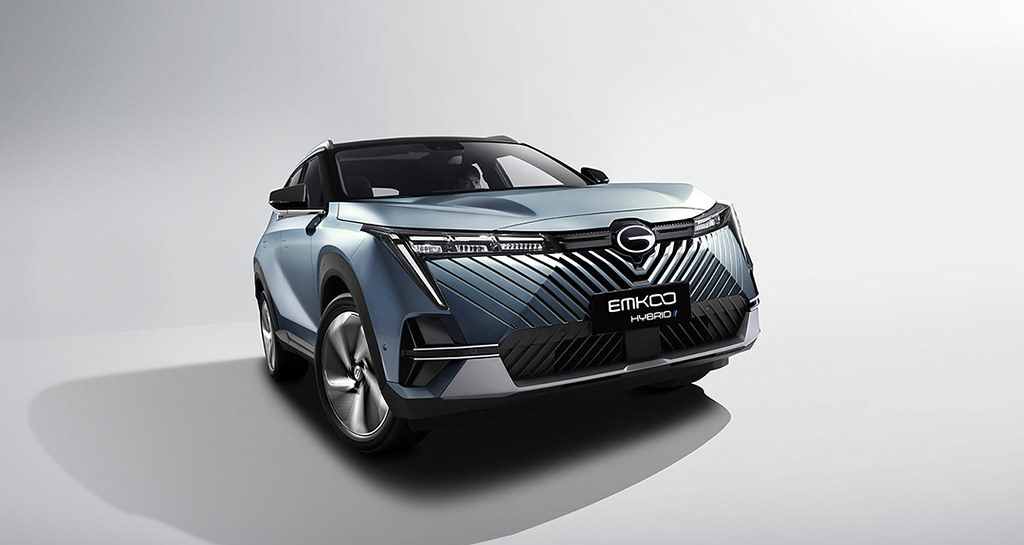It’s the worst nightmare for most car companies—and it’s nothing less than the apocalypse for most high-end automobile importers.
The Department of Finance (DOF) has announced a sweeping reform of taxes, foremost of which are revised excise taxes to be applied to automobiles divided into different price brackets.
Under the House bill sponsored by Quirino Rep. Dakila Cua, the tax on automobiles priced up to P600,000 is targeted to go up from two percent to four percent, while those priced from P600,000 to P1,100,000 would be taxed at P24,000 (up from P12,000) plus 40 percent (up from 20 percent) of the amount in excess of P600,000.
Vehicles priced from P1.1 million to P2.1 million would be taxed at P224,000 (up from P112,000) plus 100 percent (up from 40 percent) of the amount in excess of P1.1 million.
Last but not least, cars costing more than P2.1 million would be taxed P1.22 million (up from P512,000) plus 200 percent (up from 60 percent) of the amount in excess of P2.1 million.
So how does this translate to window sticker prices on the cars you’ll be seeing in showrooms if and when the new excise taxes take effect? Here are some examples:
First of all, these price projections are approximate, as current suggested retail prices may have changed plus I am not privy to the tax components of each car’s SRP’s, which I need to get the exact taxable amounts needed for the calculations (hence most of the projected prices should be slightly lower).
But this table does give all stakeholders an idea how the prices of various cars from different price brackets will jump with the new excise taxes.
So what can we glean from this?
- First, and most obviously, prices of low-end cars will hardly go up (especially if the car is amortized over several years). The price increase will hardly be felt. The DOF should stop proclaiming, though, that the new taxes will help solve the traffic problem. Eighty percent (perhaps even higher) of all new cars sold are from the sub-1 million-peso price bracket. If sales of these cars continue pretty much unabated, then how can the volume of cars on the road decrease?
- Importers and distributors of high-end ultra-luxury automotive brands like Ferrari, Lamborghini, Bentley, Rolls-Royce, and Aston Martin can kiss their businesses goodbye. What car buyer, no matter how rich, will pay over P40 million for a car that used to be worth P20 million?
- Which will lead to the resurgence of the gray market. Time and again, these resourceful people have shown that they can bring in these exotics through back door channels (we know who they are) without paying proper duties and taxes.
- Hundreds or even thousands of people will lose their jobs. When Nissan decided to bring in their GT-R supercar, they had to invest over P20 million in after-sales servicing and diagnostic equipment, not to mention all the special training for the sales and service people. The GT-R is expensive enough at roughly P7 million. Who will buy that car if it costs double? What will happen to all that equipment and the sales and service people hired for it?
- The same scenario applies to all the after-sales equipment, parts inventory, and sales and service personnel of the aforementioned European ultra-luxury brands. Will they need the same number of sales people and mechanics if their sales dwindle to one or zero per month?
- Luxury brands like Mercedes-Benz, BMW, Audi, Jaguar, Volvo, Lexus (and even near-luxury brands like Peugeot and Volkswagen) are all in the same boat. Most of their offerings fall in the top two highest tax tiers and will end up being priced out of the market.
I always thought price elasticity was common sense. But it seems some quarters don’t realize that any tax increase will have no benefit to anyone if it’s multiplied by zero—which is exactly the sales that will come from ridiculously expensive goods.
The DOF claims that with the proposed lower income taxes, people will have more buying power. That remains to be seen. All I know is, even if the government removes ALL taxes from my salary, I’m not going to pay BMW money for a Toyota. Will you?
This story was originally published in the Philippine Star.













